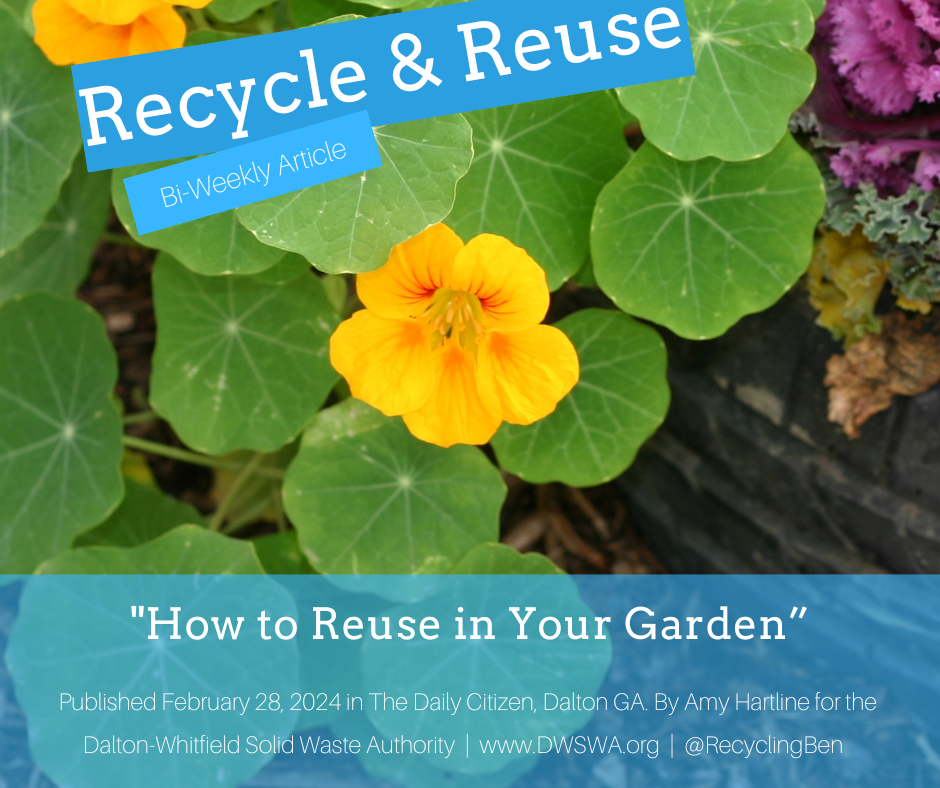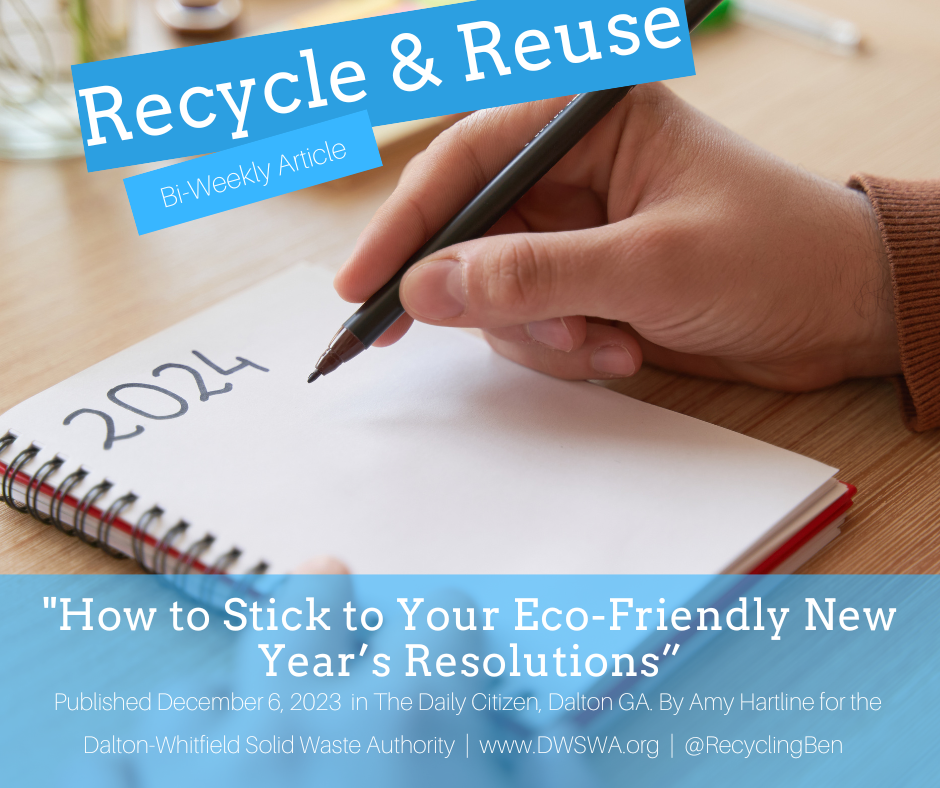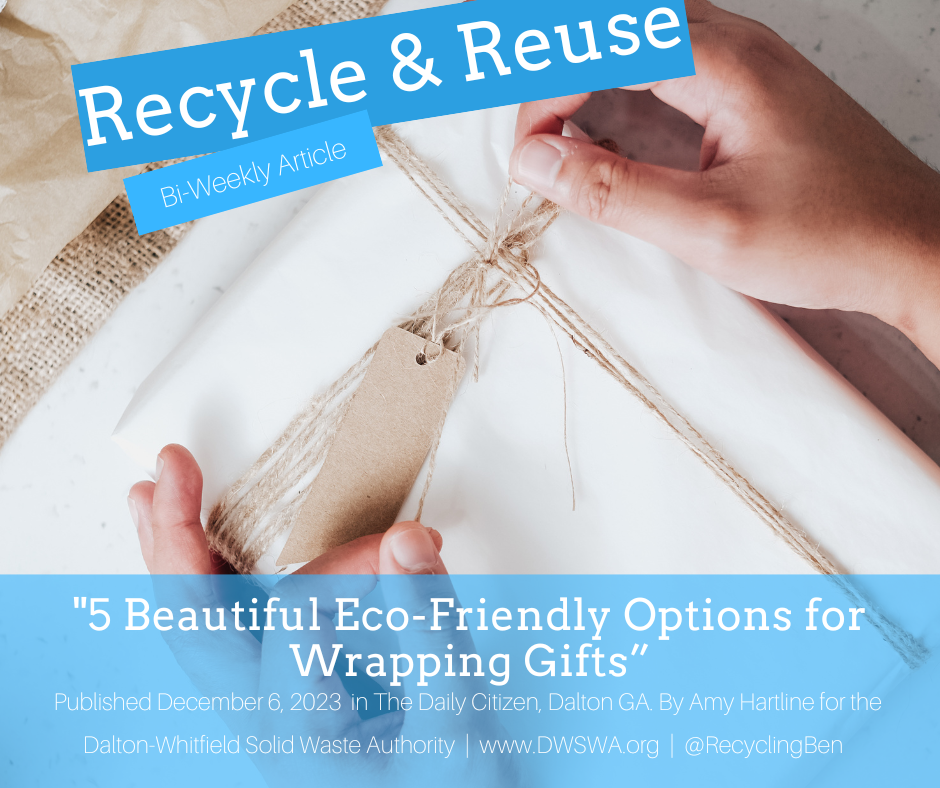Tips for a Greener Car
/Help conserve water and keep pollutants out of streams by taking your car through an automatic carwash which has a direct connection to the water treatment plant.
When thinking about actions that can help us be more green or eco-friendly planting a tree or recycling a plastic water bottle may come to mind. Both are common and relatively easy ways to help the planet and create a healthier environment. But, surprisingly our cars can be greener too. Here are several eco-friendly actions for vehicle owners that don’t require the purchase of an electric car.
Wash your car at a professional automatic car wash facility that has a connection to a water treatment plant. Dirty water is captured without getting into storm drains which are designed to capture rainwater and lead it to local streams and creeks. Also, the automatic facilities tend to have high-pressure, water efficient equipment designed to waste less water.
If you prefer to wash your car at home, skip the water hose and use a bucket with soap and water instead. This will help keep the amount of water your using down to a minimum. Discard dirty water in the toilet or sink which are connected to a water treatment plant. Avoid washing the car on the driveway. Soapy water running off the car can get mixed with chemicals, oil, and gas which may eventually end up going down a storm drain connected to a stream.
Avoid creating more waste by drying your car from the top down with reusable chamois or cotton towels instead of disposable paper towels. If you use a spray cleaner for the interior or exterior of the car don’t forget to recycle the bottle when it’s empty. Plastic bottles with spray pumps are accepted for recycling in our community along with water bottles, milk jugs, and other plastic bottles and jugs for household products.
Increase your vehicle’s fuel efficiency, and decrease air pollution as a result when you lighten the load. Lighter loads use less gas, saving you money over time. Remember, your vehicle is not a permanent storage area. It’s time to remove the car seat your child outgrew a year ago and finally, take out the set of tennis rackets you haven’t used all spring. Removing a rarely used roof rack also helps improve fuel efficiency.
Properly inflated tires can also help conserve fuel. Check tire pressure monthly to ensure that they are inflated to the range suggested in the vehicle’s owner’s manual. Most cars have a sticker on the inside of the driver’s side door indicating the appropriate range. Properly inflated tires also last longer which means your tires won’t end up being discarded too soon. When the time comes to buy new tires, make sure your used tires get recycled.
The retailer where you purchase the tires typically collects old tires for recycling. Tire rubber can be used to make new welcome mats, rail road ties, portable speed bumps, and even weightlifting plates. If you have used tires at home that need to be recycled, you can drop them off at one of four convenience centers or transfer stations in Whitfield County. For tires up to 22 inches in diameter, there is a fee of $2.00 per tire with no rim, or $3.00 per tire for those with a rim. For a location near you visit www.dwswa.org or call 706-277-2545.
The same convenience centers (where residents can drop off household garbage and recyclables) also accept used car batteries and used motor oil. There is no charge to drop off these items however, there is a limit of 5 gallons of used motor oil accepted per visit, per day. Car batteries include all types of lead-acid batteries such as those for vehicles, ATVs, golf carts, and emergency lighting. Both the batteries and motor oil are recycled into other products that you can find at local automotive stores.
Carpooling often is probably the quickest way to turn your car into a green machine. Transporting family, friends, or co-workers to a shared destination in just one vehicle can save gas money, and wear and tear on multiple vehicles. Taking public transpiration when possible also offers similar benefits.
If you plan to consistently carpool to work or church with a group set up a predetermined route and schedule, a method for reimbursing driving expenses, and rules for what the carpool will be for and what topics can be discussed. For example, the group agrees to only go from the agreed pickup location to the drop off site, and not stop for personal errands. Or the group may agree to not talk about politics or sensitive personal issues.
































